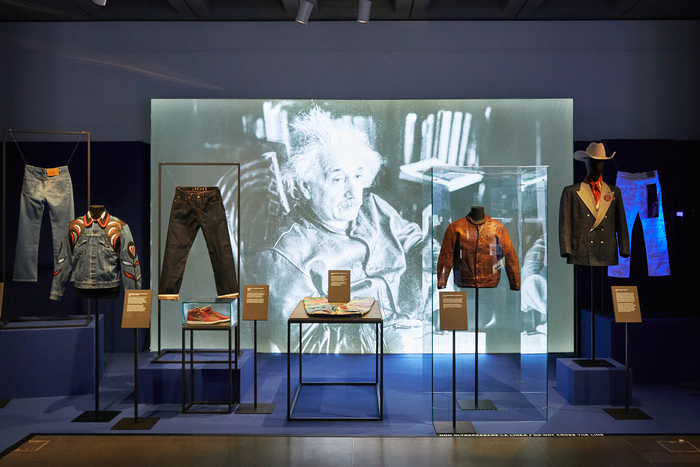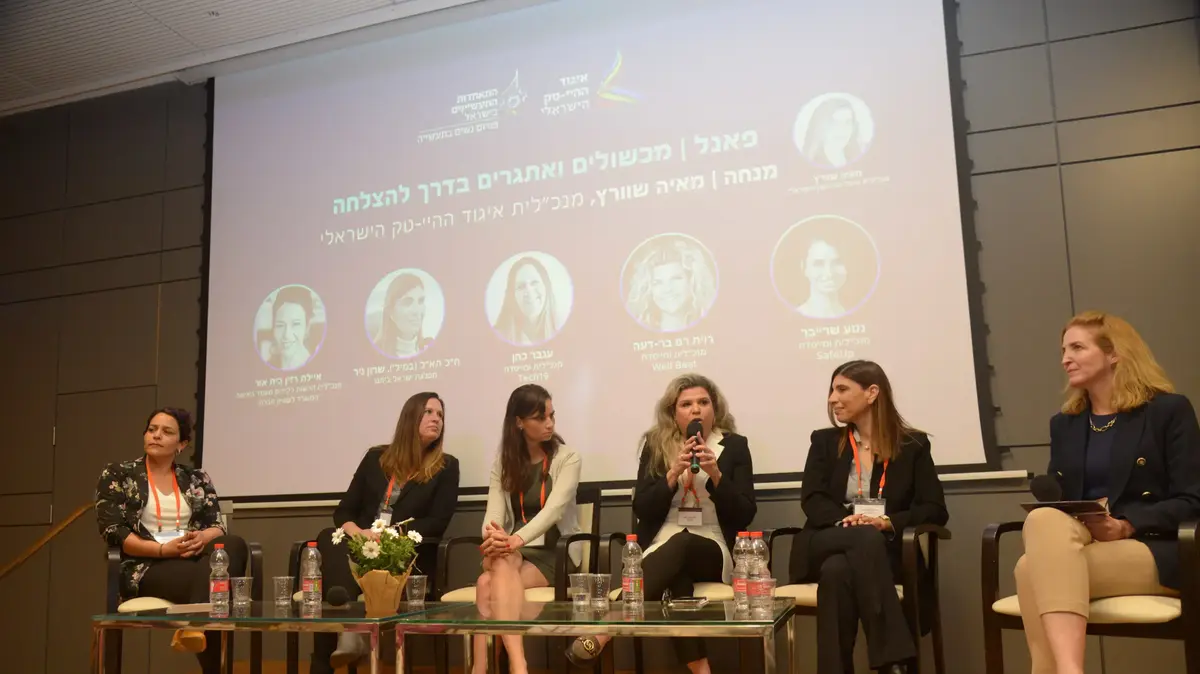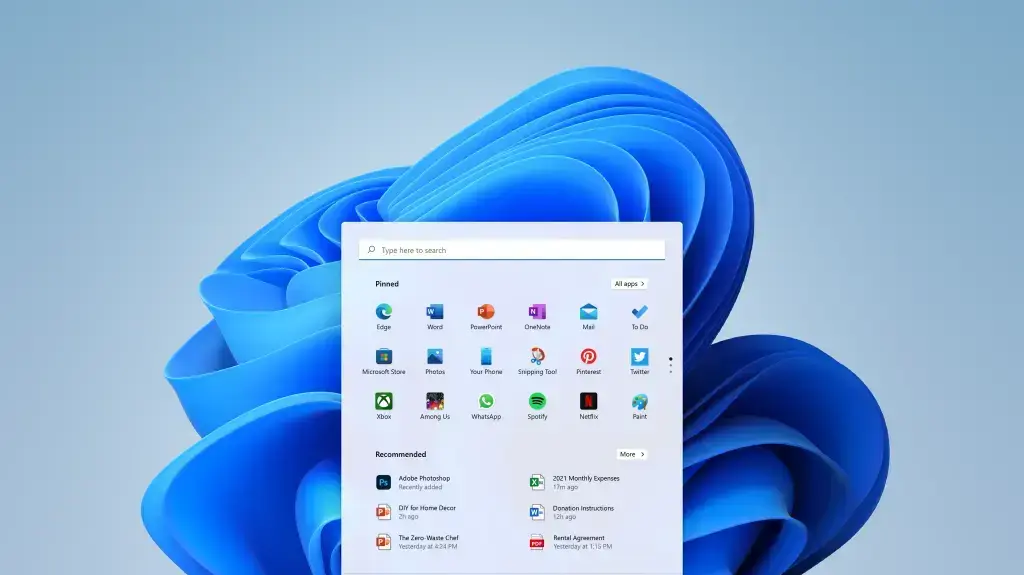Icon: enlarge
Street scene in Ghana's capital Accra: "Necessity makes inventive"
Photo: Christian Thompson / Anadolu Agency / Getty Images
Anyone who entered Germany from a risk area until a few weeks ago had to fill out a form by hand.
One of the questions asked was whether a corona test was available.
The airlines had to collect the cards, which were then mailed to the regional health authorities.
Washing baskets full of paper were piled up.
In Zimbabwe, border guards only need a cell phone.
They scan a QR code via the app, and blockchain technology then checks whether there is a negative corona test and whether it is real.
Just one example of digital innovations made in Africa during the corona pandemic.
Last year, the World Health Organization (WHO) examined almost 1,000 new or modified technologies that were used in the fight against the corona virus.
The result: 120 of them come from Africa: including WhatsApp chatbots, apps for contact tracking and self-diagnosis tools.
"We benefit from the young average age of the population"
Moredreck Chibi, WHO employee in the Congo
Moredreck Chibi is an expert on healthcare innovation and was involved in the study.
He also sees a huge opportunity in the corona pandemic.
SPIEGEL:
Ghana used a Corona app to track contacts back in April; in Germany such an app was only introduced in June.
Was Africa ahead this time?
Moredreck Chibi:
Yes, you could say that.
Necessity is the mother of invention.
We were able to quickly make use of the inventive talent of our young people, and the average age of the population benefited us.
Europe may have been better at delivering the innovations to many users over the long term, but we were much faster.
And then some of our innovations really helped in the pandemic.
SPIEGEL:
Which, for example?
Chibi
: In Zimbabwe, blockchain technology came.
the editor: chained, encrypted data sets] was used when the borders were closed.
It took a negative test result to pass and there were a lot of fake certificates around.
So a group of young developers digitized the process very quickly: The Covid test certificates have been scanned via a QR code using their own app since spring.
The border officials are shown when and where the Covid test was carried out.
And a young man in Kenya developed a program for tracking contacts in public minibuses - based on cell phone transfers that were used to pay for the trips.
It really is an invention specially tailored for the continent.
SPIEGEL:
In Ghana, the government receives movement data on the population directly from telecommunications providers.
Have many innovations come about at the expense of data protection?
Chibi
: That should definitely be handled correctly.
We always tell the developers: Don't just take care of the technology, also consider data protection.
If this had been planned for earlier, many risks could have been avoided and some innovations would also have more users.
Because data protection is also very important for acceptance.
Europe has done a lot more thoroughly.
Icon: enlarge
A schoolgirl's temperature is measured before she is allowed to enter her school in Zimbabwe's capital Harare
Photo: Tafadzwa Ufumeli / Getty Images
SPIEGEL:
Why did Africa succeed in producing so many innovations?
Chibi
: Many countries like Rwanda, South Africa, Kenya and Nigeria have been very active in the tech industry for a long time.
The governments there have created the right framework conditions - for example through a good internet infrastructure.
And in many countries there were already internet technologies such as telemedicine apps that could be built on.
There are many well-trained young programmers who are keen to experiment.
Now let's sit down and see: What have we learned from Covid and how can business models develop from it?
SPIEGEL:
What are the other issues?
Chibi
: Many African countries are dependent on external donors, so there is a lack of the necessary money.
But we see that many innovations from Africa are gaining global relevance - such as apps for contact tracking.
They could also be exported to Germany.
There is huge potential for tech companies to invest in Africa.
So far, this has rarely happened because the personnel and logistics costs are high, little need was seen and of course there is also the corruption problem.
But that will change with the younger generation.
They want change instead of personal profit.
SPIEGEL:
So was the corona pandemic both a blessing and a curse?
Chibi
: Oh yes!
It has really spurred a lot of young people to create new technologies.
And before that there was huge health tourism: Those who had enough money and had to undergo an operation flew to France or India.
That was no longer possible.
It was clear to many that we had to look after our own health systems.
It was a wake up call.
Icon: The mirror
This contribution is part of the Global Society project
What is the Global Society project? Up arrow Down arrow
Under the title Global Society, reporters from
Asia, Africa, Latin America and Europe
report on injustices in a globalized world, socio-political challenges and sustainable development.
The reports, analyzes, photo series, videos and podcasts appear in the international section of SPIEGEL.
The project is long-term and will be supported by the Bill & Melinda Gates Foundation (BMGF) for three years.
A detailed FAQ with questions and answers about the project can be found here.
What does the funding look like in concrete terms? Up arrow Down arrow
The Bill & Melinda Gates Foundation (BMGF) is supporting the project for three years with a total of around 2.3 million euros.
Is the journalistic content independent of the foundation? Up arrow Down arrow
Yes.
The editorial content is created without the influence of the Gates Foundation.
Do other media have similar projects? Up arrow Down arrow
Yes.
Major European media outlets such as "The Guardian" and "El País" have set up similar sections on their news sites with "Global Development" and "Planeta Futuro" with the support of the Gates Foundation.
Have there already been similar projects at SPIEGEL? Up arrow Down arrow
In recent years, SPIEGEL has already implemented two projects with the European Journalism Center (EJC) and the support of the Bill & Melinda Gates Foundation: The "Expedition The Day After Tomorrow" on global sustainability goals and the journalistic refugee project "The New Arrivals", as part of this several award-winning multimedia reports on the topics of migration and flight have emerged.
Where can I find all publications on Global Society? Up arrow Down arrow
The pieces can be found at SPIEGEL on the topic Global Society.






